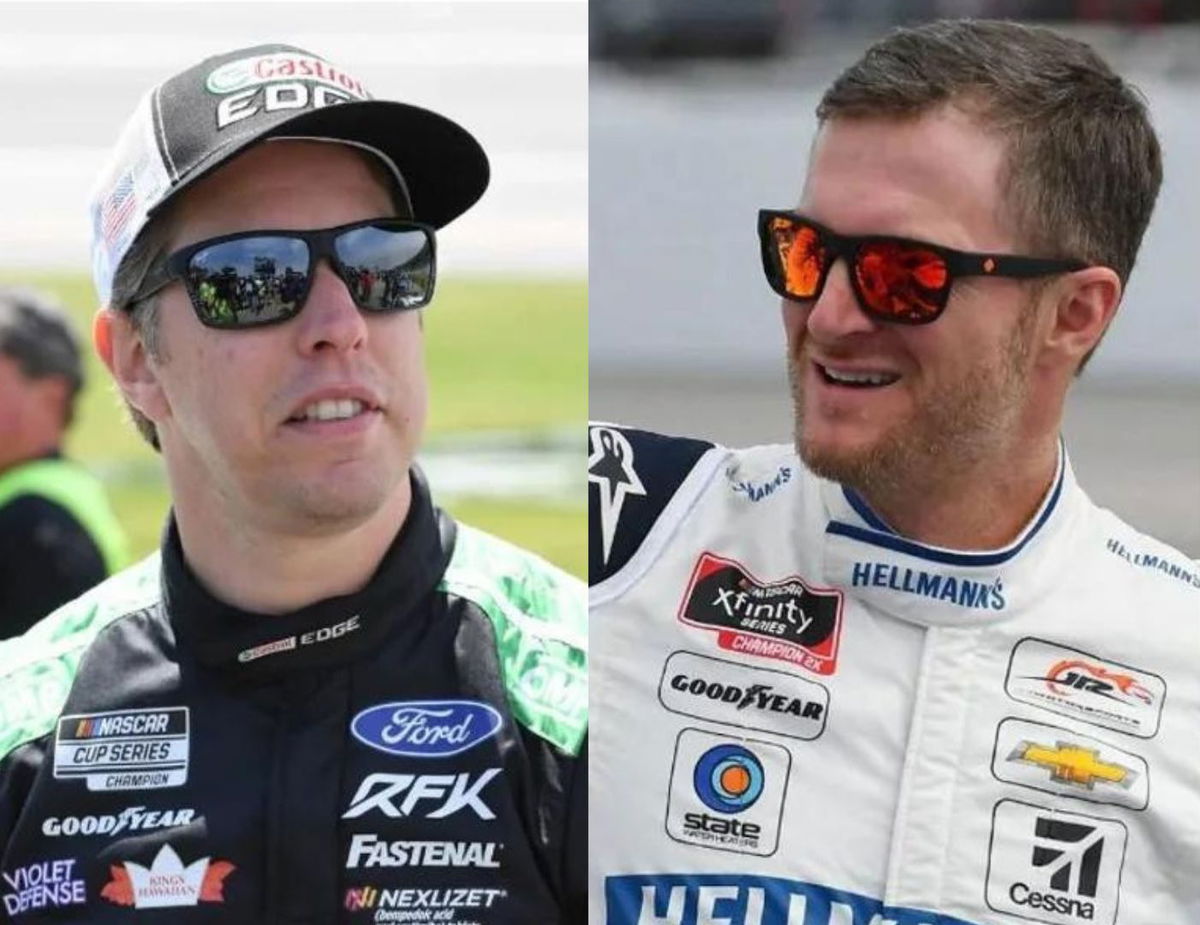
Imago
|Image Credits: Imago|

Imago
|Image Credits: Imago|
A shy young racer was intimidated by his father’s incomparable legacy. Instead of molding him into his father’s daunting persona, a popular beverage company created a more approachable brand image for him. The driver was Dale Earnhardt Jr and his sponsorship was undertaken by Budweiser. The rest is history.
Watch What’s Trending Now!
When discussions arose recently about teams’ involvement in shaping star drivers, Dale Earnhardt Jr knew which side of the fence he firmly stood.
ADVERTISEMENT
Dale Earnhardt Jr’s love for Nirvana skyrocketed his popularity early in his career
Junior teamed up with Anheuser-Busch in his very first year as a Cup driver. Their collaboration led to a breakthrough image of NASCAR drivers. The racers of his era enjoyed a huge fanbase but were largely seen as distant and awe-inspiring. Junior’s revolutionary transformation as a congenial and relatable driver played an integral role in keeping the sport relevant to modern viewership. The impact of his Rolling Stones article was itself unprecedented.
Titled Kurt is My Co-Pilot, it presented the new-age driver who admired Kurt Cobain as much as the next person. The response was phenomenal, and overnight Dale Jr became a media sensation. The Xfinity champion himself admitted, “Being in @Rollingstone back in 2000 shot my celebrity into the stratosphere.” However, the team owner of JR Motorsports was also aware that racing teams had their limitations in achieving the same without corporate support.
On his podcast, the Dale Jr Download, the Hall of Famer laid down his thoughts in front of his associate Mike Davis. “In my mind, the responsibility for creating star power rests on corporate America and NASCAR. The teams have a responsibility to take advantage of opportunity. Much like you [Mike Davis] and Jade Gurss as publicists were seizing chances when presented. But those were presented by our access that Budweiser gave us. And NASCAR’s enthusiasm to get in certain publications and get on a certain sitcom or whatever”, referring to The Crew, canceled by Netflix after one season.
ADVERTISEMENT
Being in @rollingstone back in 2000 shot my celebrity into the stratosphere. Writer @Toure and I got along so well during the days we spent together and the piece that he produces is something I'm proud of today. pic.twitter.com/jN0arSBpL4
— Dale Earnhardt Jr. (@DaleJr) January 13, 2022
He continued, “So it’s NASCAR’s role to utilize its leverage and its strength in the world. And also, whatever corporate sponsors that you had that may have that same connections or leverage. And it’s your team, your PR team, your race team, right?” Whoever’s working for your race team that’s paired up with whatever driver, that person’s got to be active. Got to be eager. And it’s absolutely got to be outside of the box, outside of the normal racing publications.” But how did this conversation heat up? The story began with Jeff Gordon.
ADVERTISEMENT
Watch this story: Dale Earnhardt Jr Makes a Jaw-Dropping Claim About Chase Elliott & Olivia Dunne
Top Stories
Ross Chastain Labels NASCAR Driver “The Most Punchable Face” to Excuse Himself Over Punchgate Controversy
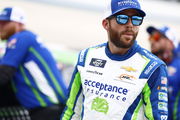
Jimmie Johnson Poaches Richard Childress’ Key Ally Ahead of NASCAR 2026 Season
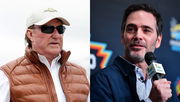
When Rick Hendrick Walked Away From $1,000 to Avoid Dale Earnhardt Sr’s Wrath
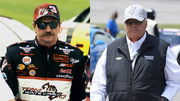
NASCAR’s Next Big Villain Named as Denny Hamlin Enters Fans’ Good Books

Commissioner Steve Phelps Quits NASCAR Days After Getting Exposed in Lawsuit Trial
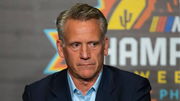
Jeff Gordon and Brad Keselowski face losses through their star racers
Veteran racer and co-owner of Hendrick Motorsports, Jeff Gordon weighed in on the importance of sportspersons versus teams in American sports. Gordon felt in most team-based sports such as football or basketball, fans were loyal to their favored teams regardless of incoming or outgoing players. However, the NASCAR fanbase still catered to individual racing stars instead of their teams.
ADVERTISEMENT
As reported by racingamerica.com, Gordon suggested, “I think we have a role as race teams to build our brand up, maybe not as much as the star power of the driver, but in a way where drivers…that have huge fan followings stepped away from the sport, and I think it had a big impact on the sport. Because the fans seem to not have a connection to the team as strongly as they did to the driver.”
This is when driver and team owner of RFK Racing, Brad Keselowski, chimed in with another repercussion of driver-reliant viewership. Heavy losses were incurred when drivers switched teams, which made NASCAR teams hesitant about investing and marketing a star in the manner Budweiser achieved with Dale Earnhardt Jr. encapsulated Keselowski’s argument in his podcast to lay down his contention.
Quoting Keselowski, Dale Jr said, “Right now there isn’t a really good return on the investment for the teams to invest in driver star power. If a driver leaves, it’s a big loss in that investment made, which is not great. And they don’t get any long-lasting value.” He further summarized, “So the teams are hesitant to invest in creating stars because the driver could just up and go. And now the team is left holding the invoice.”
ADVERTISEMENT
To combat these issues, Junior allocated the responsibility to NASCAR and corporate sponsors to invest in drivers’ individual branding so that the teams could focus on collective marketing and PR without relying upon star drivers to sustain viewership.
ADVERTISEMENT
ADVERTISEMENT
ADVERTISEMENT

